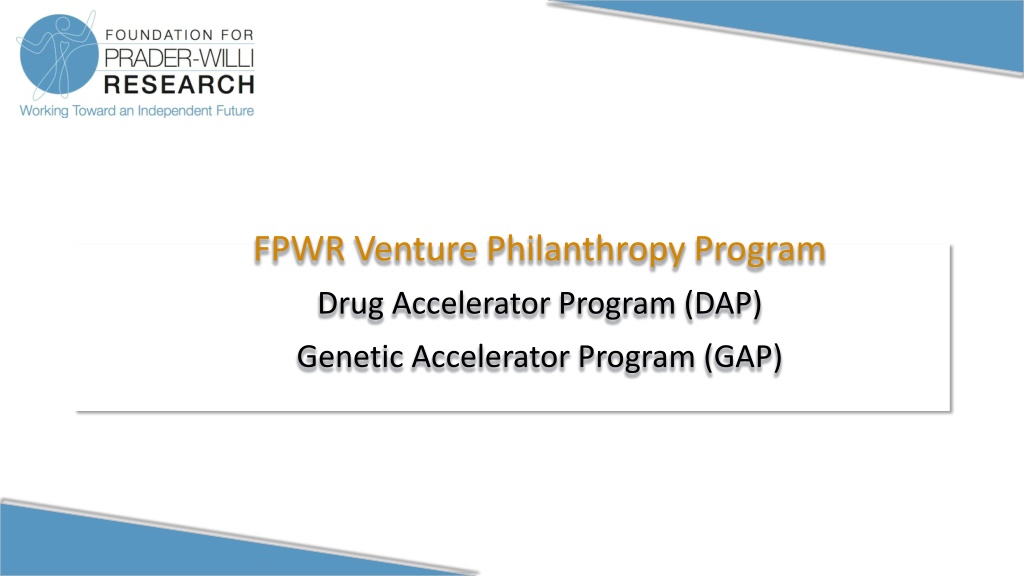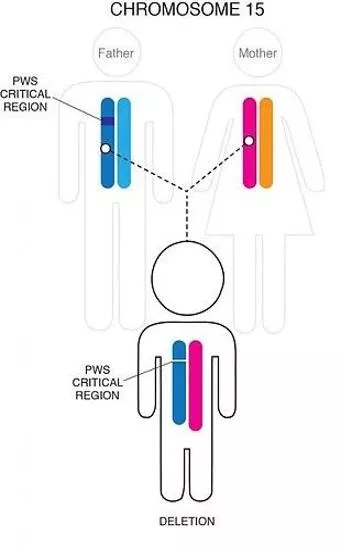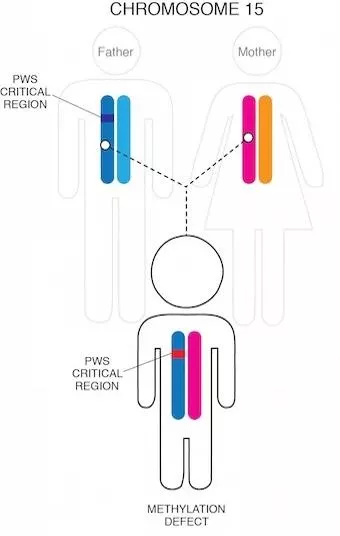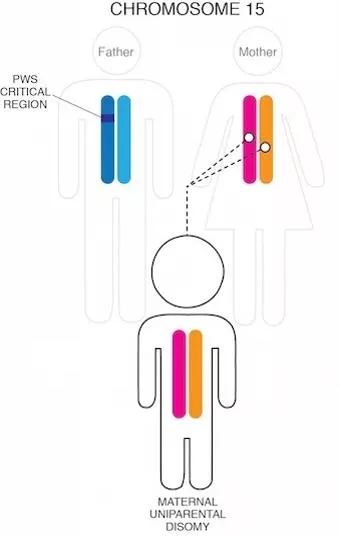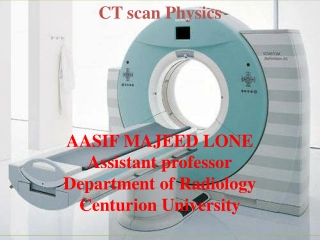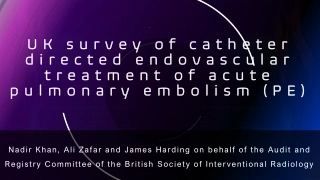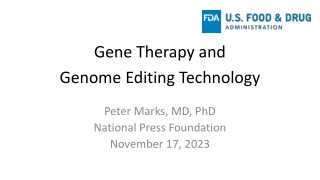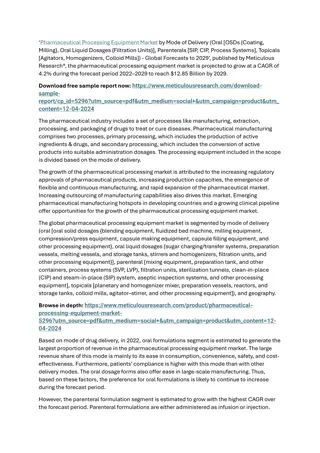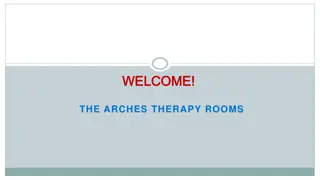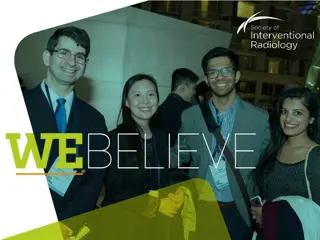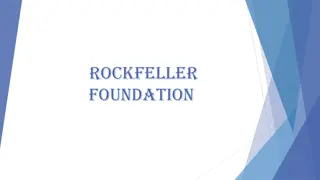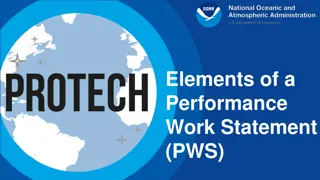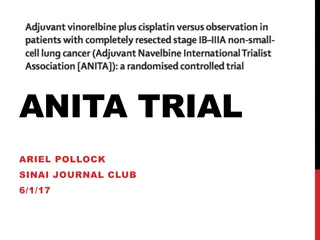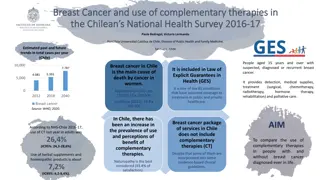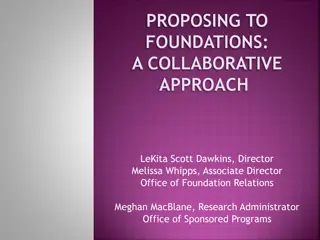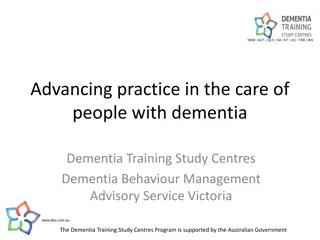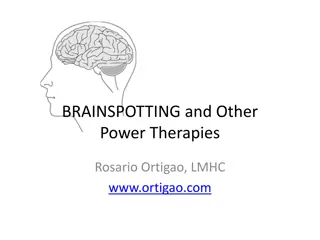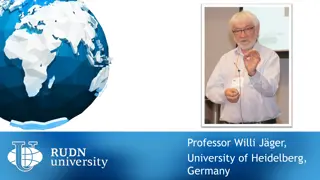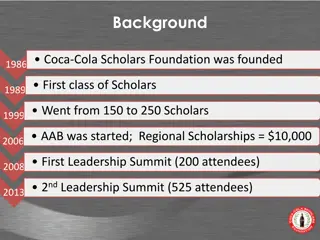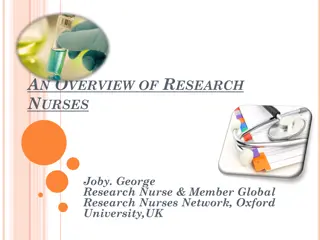Foundation for Prader-Willi Research: Advancing Therapies for PWS
The Foundation for Prader-Willi Research (FPWR) is a leading organization dedicated to funding research and therapeutic development for Prader-Willi Syndrome (PWS), a complex genetic disorder. PWS poses challenges such as obesity and developmental delays. FPWR aims to accelerate the development of new treatments to address the symptoms of PWS and improve the lives of individuals affected by this condition. With a focused approach on research funding and investment, FPWR is working towards gene activation and replacement therapies for the future.
Download Presentation

Please find below an Image/Link to download the presentation.
The content on the website is provided AS IS for your information and personal use only. It may not be sold, licensed, or shared on other websites without obtaining consent from the author. Download presentation by click this link. If you encounter any issues during the download, it is possible that the publisher has removed the file from their server.
E N D
Presentation Transcript
FPWR Venture Philanthropy Program Drug Accelerator Program (DAP) Genetic Accelerator Program (GAP)
The Foundation for Prader Willi Research is a 501(c) 3 organization funding research for Prader-Willi syndrome (PWS) PWS is a complex neurodevelopmental genetic disorder caused by the absence of expression of imprinted genes from the paternally derived region of chromosome 15q11.2-q13.1.
PWS is the most common cause of life-threatening obesity. The estimated incidence of 1/10,000 to 1/25,000 live births, occurring equally in both males and females, across all ethnicities. Characteristics of Prader-Willi Syndrome: Infantile lethargy, hypotonia, hypogonadism followed by excess weight gain and onset of hyperphagia (excessive, unrelenting appetite) in early childhood. Global development delay; minor facial abnormalities (ie, a narrow forehead, almond-shaped eyes, and a triangular mouth), and mild to moderate intellectual disability. Additional features may present, such as sleep disorders, behavioral and psychiatric disturbances, short stature, small hands and feet, hypopigmentation, and skin picking. Strabismus and scoliosis may also manifest and become more pronounced with age.
The mission mission of FPWR is to eliminate the challenges of PWS through the advancement advancement of research and therapeutic development. Over the next 5 years wewill take an increasingly directed approach through both investment and research funding to accelerate the development of new therapies for PWS and ensure we have treatments for our loved ones as soon as possible. There is currently a therapeutic void for those with PWS. There are no FDA treatment options for PWS outside of Growth Hormone therapy, which was approved more than 20 years ago and fails to address all of the challenges of PWS. We will focus on Solutions Now that address PWS symptoms. Our Hope for the Future is ultimatelygene activation and or replacement.
FPWR is the largest private funder largest private funder of PWS research in the world.
Investments by Research Area Note this is for the grant program only doesn t include directed programs. Number of Funded Projects by Research Area by total $, and % of Total $ Behavior/Cognition Research Area $ % of total $ 18.27% Endocrine $ 2,408,597.00 Behavior/Cognition Genetics $ 551,284.00 4.18% Endocrine Model Development $ 2,756,048.00 20.91% Genetics $ 764,266.00 5.80% Model Development Muscle/Mitochondria $ 200,755.00 1.52% Muscle/Mitochondria Neurobiology $ 2,133,850.00 16.19% Neurobiology Obesity/Appetite $ 1,603,563.00 12.16% Obesity/Appetite Orthopedic $ 5,000.00 0.04% Orthopedic Target/Drug Development $ 2,748,513.00 20.85% Target/Drug Development $ 13,182,876.00 100.00% Grand Total
Our 5 Year Vision Create Treatment Options and move towards establishing an Independent Life for those with PWS New Treatment Options Genetic Accelerator Program (GAP): will fund methods to activate or replace the critical PWS genes, restoring normal gene expression. Drug Accelerator Program (DAP):Invest in companies developing new treatment options for PWS.
RFA, Directed & GAP Research programs FPWR, Industry & FDA DAP Commercialize Discovery Development
DAP Program Identify companies that are either working in the PWS space or that have a focus that could be applicable to PWS. We welcome inquiry or submission of a preliminary application with supporting documentation. GAP Program Identify projects in PWS gene activation/ gene replacement research, which will be selected through a competitive process. Scientists selected for support will be required to work collaboratively with other investigators funded by the program. Core support will be provided for development of shared resources, cross-lab training, travel, etc. Quarterly meetings, including a once a year face to face meeting, will be mandated to ensure collaboration and progress. Z
FPWR DAP Review Process 1 2 3 4 5 FPWR internal evaluation External expert review Board Committee review Contract execution Project management Total Time Duration 2 3 months
Open to projects/companies all year, can apply via https://www.fpwr.org/venture-philanthropy https://www.fpwr.org/venture-philanthropy Initial diligence process Inbound Projects Presentation to DAP Committee (6-person sub- Committee of FPWR Board of Directors Diligence process Industry Veterans Company Review DAP Venture Capitalists PWS KOLs Committee Committee approval provides authority to proceed to Term Sheet and a formal agreement Investment size: $50,000-250,000 Committee Approval IP Lawyers
Program Investments to Date Beryl Therapeutics: Inversago Pharma: Focused on bone density/strength in PWS. Beryl licensed compounds from a researcher at Hebrew University which FPWR had funded. The compound, Oleoyl Serine (OS, HU639), an endogenous FAA and an analog, methyl- OS (M-OS, HU671), which has an enhanced pharmacokinetic profile, are lead compounds to address these symptoms for those with PWS. Focused on the development of peripherally-restricted CB1 receptor (CB1) antagonists / inverse agonists for the treatment of Prader-Willi syndrome, specifically targeting hyperphagia and some behavioral aspects of PWS. A phase I trial is planned in 2020. Lipidio Pharmaceuticals: Focused on developing drugs to treat diseases associated with excess body fat and its lead program, GDD3898, is being investigated for the treatment of nonalcoholic steatohepatitis (NASH), Prader Willi syndrome (PWS) and anti-psychotic drug induced weight gain (AIWG).
Get Involved Ifyou are interested in investing in any of these companies you can do so in one of two ways: 1. Through a restricted donation to FPWR of at least $10,000 2. Personally investing in these companies is also possible, but dependent on your qualification as an accredited investor under federal and state securities laws Please contact FPWR and we will let you know how to best proceed. Our goal is for these companies to continue their work of advancing therapies for PWS!!!
Why FPWR We welcome the opportunity to work with companies developing potential therapies for both PWS and the symptoms associated with the disease. We can provide deep scientific knowledge of the PWS landscape including access to the FPWR Clinical Trial Consortium, an extensive worldwide network of researchers, clinicians and industry veterans to draw from, and a strong connection to the PWS community worldwide.
Thank you for your interest in PWS!
